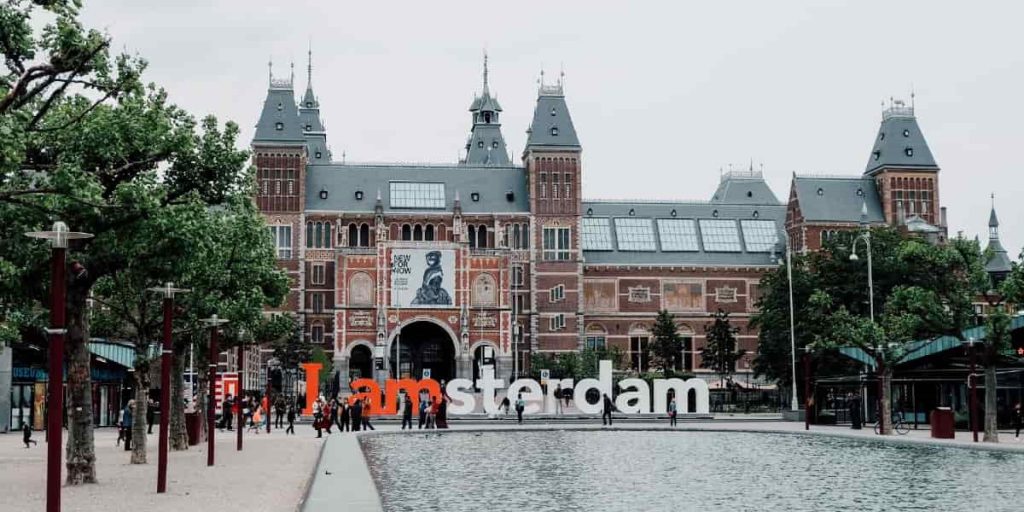May 29, 2020
In the Netherlands, music streaming is growing rapidly. In this article we look at the complete industry and what the future of streaming may look like.

The Dutch music industry is thriving. In 2019 music revenues achieved double-figure growth of 13.2% to the tune of €227.6m. A massive 78% of this number can be attributed to streaming revenue.
Looking at recent years, the Dutch music industry has transformed. In 2012, 27% of recorded music revenues came from digital sources (IFPI). However in 2019, NVPI Audio, a dutch music rights group, streaming accounted for 78% of total recorded music revenue (2020, MusicAlly).
While streaming services have rapidly gained a foothold with Dutch users, a 2019 profile by MusicAlly predicted that this growth in users may slow down. However, the levels of streaming growth would seem to contradict this. In 2018 streaming revenues gained 5.5% growth which is significant and the following year the market did not slow down. In 2019 it grew by a further 23%.
Spotify and YouTube are the platforms that are most popular for Dutch music listeners. In Dutch research firm Multiscope’s Smart Media Monitor report, 39% of those surveyed used Spotify and another 39% chose YouTube. While it seems the top two platforms are in a dead heat, time spent using these is different. Respondents shared that they spent 57% of their time listening to music on Spotify compared to 27% of the time on YouTube. Multiscope also shared that there are approximately 3 million paid Spotify users in The Netherlands (2019, Multiscope).
Locally, Dutch artists are hugely popular, particularly HipHop Artists. In the IFPI 2019 Music Listening report, 45% of Dutch respondents said they listen to Dutch language music regularly (2019, IFPI). This translates into the charts, MusicAlly’s profile revealed that 5 out of the 10 biggest albums were Dutch productions (2019, MusicAlly).
From an international perspective, The Netherlands is a significant player and contributes heavily to the global music industry. In CISAC’s 2019 Collections Report, The Netherlands had the 11th largest music collections revenue at €191m. CISAC, which represents Dutch organisations such as BUMA and STEMRA, shared that the country accounted for 2.3% of CISAC’s global music revenues. Dutch people were also overall high media consumers with 7 times CISAC’s global average revenue per capita.

Further to their high music consumption, Dutch artists generate massive amounts of international revenues. It was reported in the NL Times that €216m was generated through music exports in 2018 (2020, NL Times). Much of this can be attributed to the popularity of Dutch electronic music. In a recent list of the world’s DJs by Forbes, out of 17, 4 were Dutch. Artists such as Armin Van Burren, Afrojack, Tiësto and Martin Garrix are giants of the electronic dance industry, achieving global chart and festival success.
It is difficult to predict how the industry will develop. However The Smart Media Monitor can share some insight into the future of the Dutch music industry. While streaming shows continuous growth, perhaps Spotify’s market share may fluctuate. In Multiscope’s survey, of those who did not use Spotify, just 7% said they would be interested in using the platform. One other item that may have an impact on platform choice, maybe the popularity of smart speakers. Multiscope reported that there was a 52% growth in spend on at home smart speakers. Google is one of the leading smart speaker brands purchased, who have their own music platform. Convenience and native applications may shift people’s platform of choice. Also similarly to other markets TikTok is gaining significant popularity. In 2019 the platform reached 1 million Dutch users. With a population of approximately 17 million people, this is a large penetration. (Multiscope, 2019)
While other platforms may gain popularity, overall streaming is the medium of choice for listeners and is sure to grow. In MusicAlly’s 2019 profile Anne De Jong, GM of NVPI shared that “considering the continuing growth, we still have (further) opportunity to grow”. The Matching Engine is a globally used application which can support CMOs across geographies tackle the challenges posed by modern music streaming. Talk to our team today about how our cloud-native application can be integrated into your matching process.